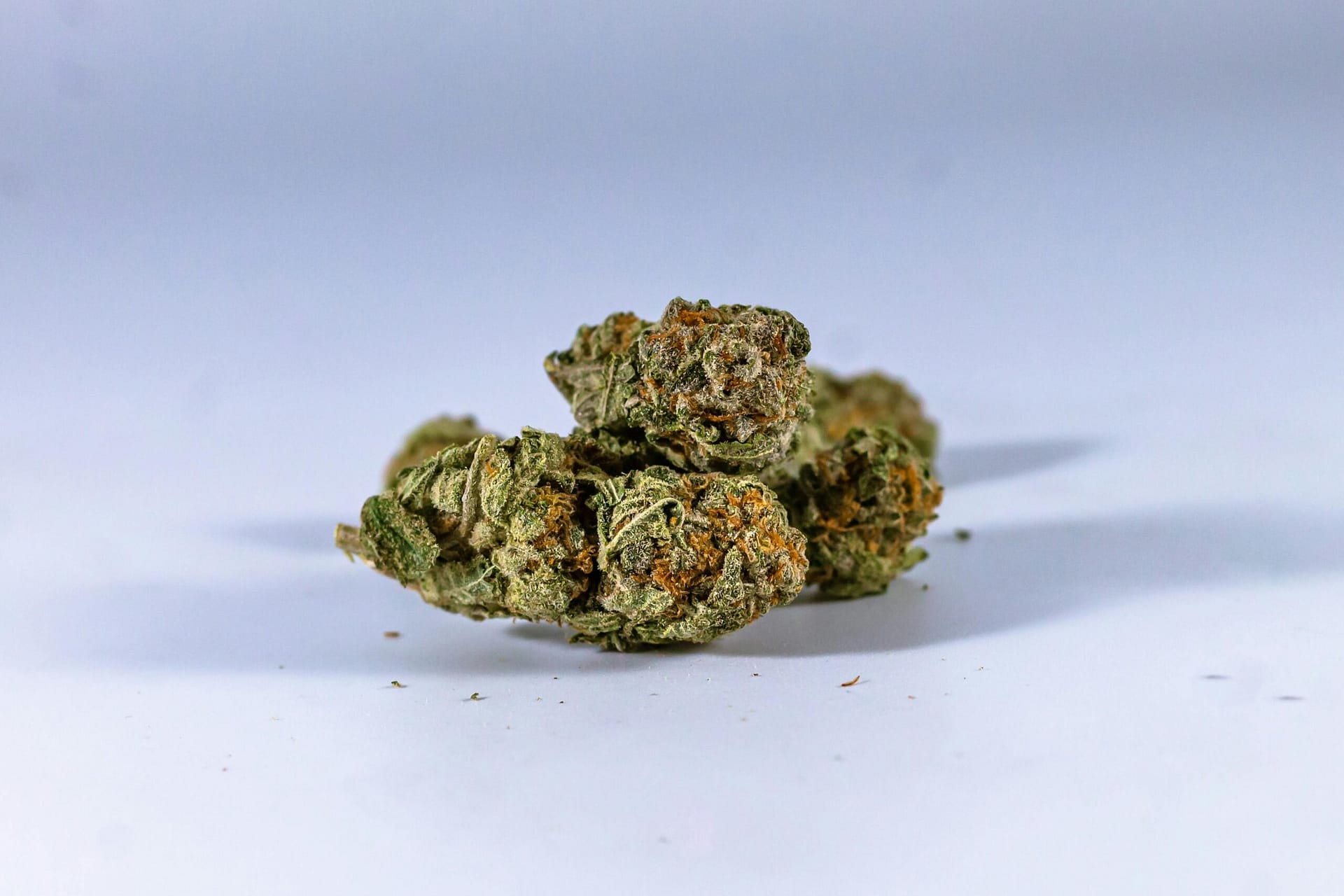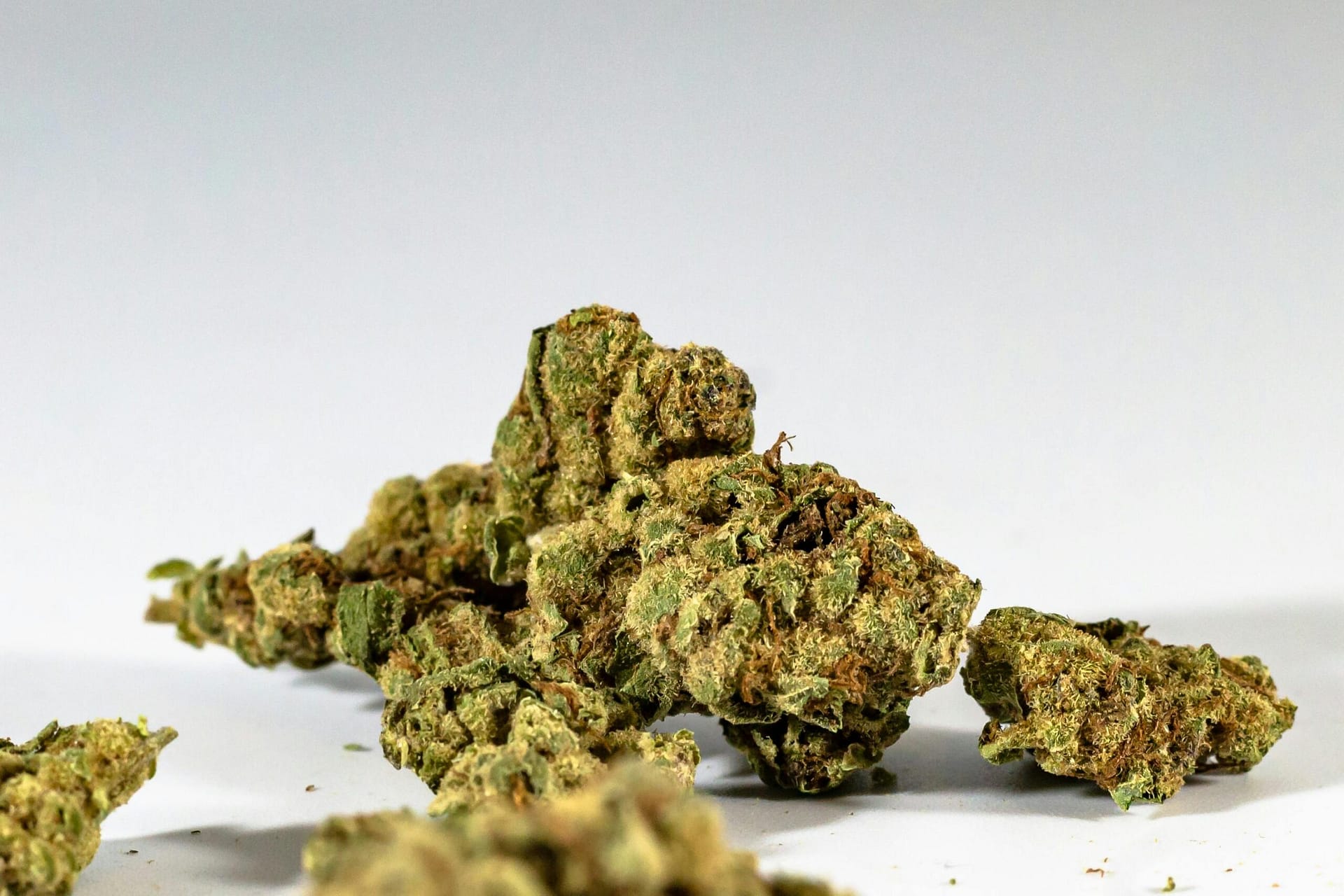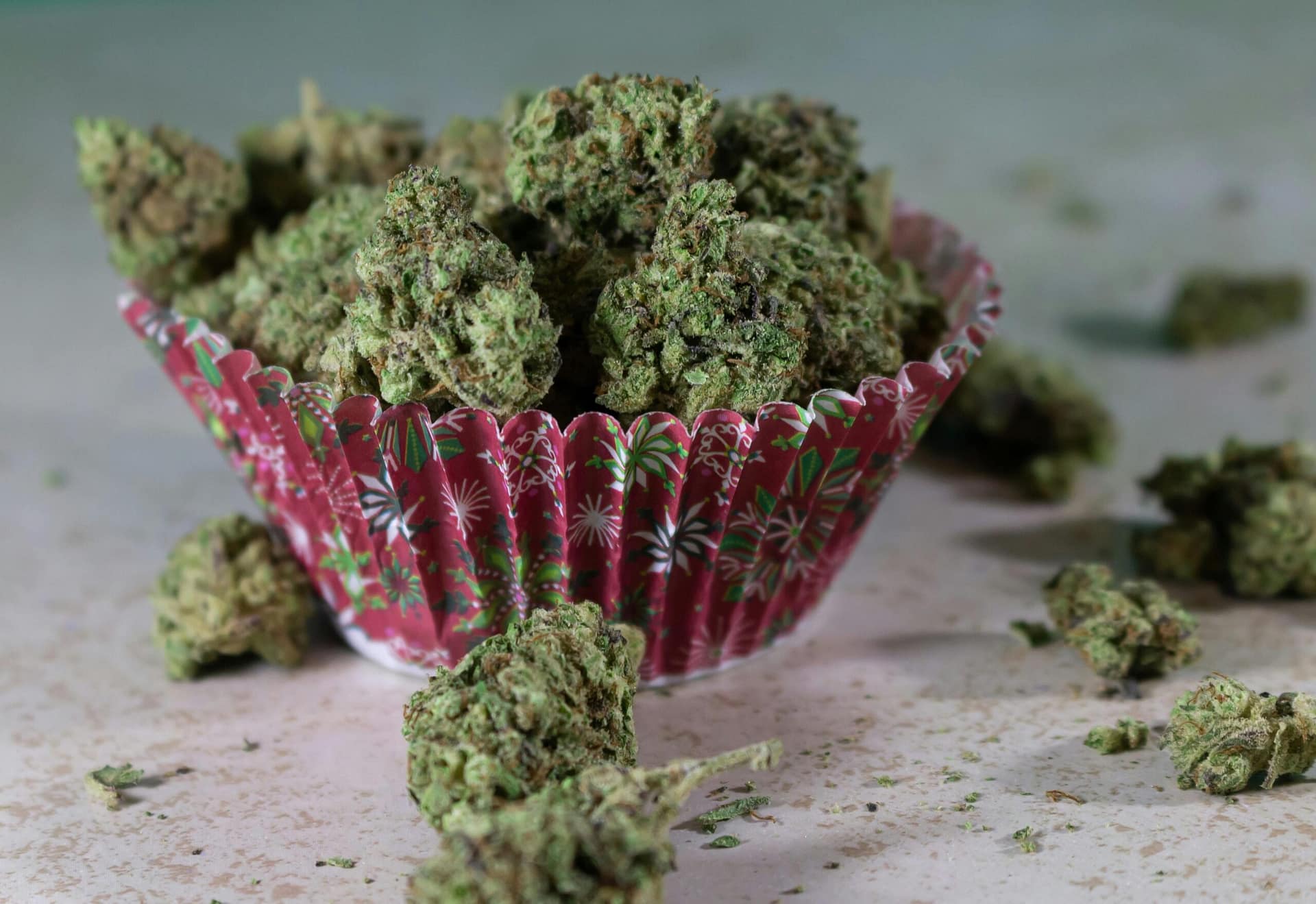Ready to explore the fascinating world of cannabis laws in Colorado? This captivating article provides you with an overview of the regulations and restrictions surrounding the use and distribution of cannabis in the beautiful state of Colorado. From recreational to medical use, we’ll dive into the legal framework that governs the cannabis industry, shedding light on the rights and responsibilities of both consumers and businesses. So grab your favorite drink, get comfortable, and let’s embark on this informative journey together!

Legalization of Cannabis in Colorado
Amendment 64
Amendment 64, also known as the Colorado Marijuana Legalization Initiative, was approved by voters on November 6, 2012. This groundbreaking amendment legalized the recreational use and possession of cannabis for adults aged 21 and older in the state of Colorado. It allowed individuals to grow, possess, and use limited amounts of marijuana for personal use in private settings.
Implementation of Legalization
Following the approval of Amendment 64, the state of Colorado took significant steps to implement the legalization of cannabis. The Colorado General Assembly enacted legislation to establish a regulatory framework for the cultivation, distribution, and sale of marijuana products. Implementing agencies such as the Marijuana Enforcement Division were formed to oversee the industry and ensure compliance with the newly established laws and regulations.
Regulation and Taxation
With the legalization of cannabis, the state of Colorado implemented a comprehensive system of regulation and taxation to maintain control over the industry and generate revenue. Licensed cannabis retailers were established, allowing the legal sale of marijuana to adults aged 21 and older. Strict regulations were put in place to ensure that retailers operated within the boundaries of the law, preventing sales to minors and setting limits on the quantity of cannabis that can be purchased.
Minimum Age Requirements
Age Limit for Possession and Consumption
To protect the wellbeing of young individuals, Colorado has set a minimum age limit for the possession and consumption of cannabis. It is illegal for anyone under the age of 21 to possess or consume marijuana, regardless of whether it is for recreational or medical purposes. This age restriction is crucial in preventing the potential negative effects of cannabis on the developing brains of minors.
Age Limit for Purchasing
Similarly, the age limit for purchasing cannabis in Colorado is also set at 21 years old. Licensed cannabis retailers rigorously check identification to ensure that individuals attempting to purchase marijuana are of legal age. This age limit ensures that only responsible adults with fully developed brains have access to cannabis products.
Personal Possession
Limit for Possession
As per Colorado law, individuals aged 21 and older are allowed to possess up to one ounce (28 grams) of marijuana for recreational use. This provision was put in place to strike a balance between allowing personal use and preventing the sale or distribution of large amounts of cannabis. It is important for individuals to abide by this possession limit to avoid legal consequences.
Restrictions on Public Use
While the possession of cannabis is legal for adults in Colorado, public use is strictly regulated. It is illegal to consume marijuana in public places such as streets, parks, or schools. This restriction is necessary to maintain public order and prevent non-smokers from exposure to secondhand smoke. It is essential that individuals consuming cannabis do so responsibly and in accordance with the law.
Home Cultivation
Maximum Plant Count
Colorado law also allows individuals to cultivate marijuana for personal use in their homes. However, there are restrictions in place to prevent the excessive growth of cannabis. Individuals aged 21 and older can cultivate up to six plants per person, with a maximum of 12 plants per household. This limit ensures that home cultivation remains for personal use only and doesn’t pave the way for large-scale production.
Rules and Regulations for Home Cultivation
While the law permits home cultivation, it is important for individuals to be aware of the rules and regulations associated with it. Cultivation must take place in an enclosed, locked space that is not visible from public areas. Additionally, individuals must take steps to prevent unauthorized access to their cultivation area, especially by minors. It is crucial to comply with these regulations to avoid potential legal issues.

Retail Sales
Licensed Cannabis Retailers
In order to regulate the sale of recreational cannabis, the state of Colorado has established a licensing system for cannabis retailers. Only licensed retailers are legally allowed to sell marijuana to consumers. These retailers must comply with extensive regulations to ensure the quality and safety of their products, as well as prevent unauthorized sales.
Restrictions on Retail Sales and Purchases
To maintain responsible use of cannabis, there are certain restrictions placed on retail sales and purchases. Individuals can purchase up to one ounce (28 grams) of marijuana in a single transaction at licensed retailers. Additionally, they are prohibited from selling marijuana purchased from a licensed retailer to anyone else. These restrictions are important for preventing the illegal redistribution of cannabis and maintaining control over the industry.
Taxation and Revenue Allocation
Excise Tax on Cannabis Sales
One of the significant aspects of cannabis legalization in Colorado is the taxation of marijuana sales. A 15% special excise tax is imposed on the sale of cannabis from cultivators to retailers. Additionally, a 15% retail sales tax is levied on the purchase of cannabis products by consumers. These taxes generate essential revenue for the state and contribute to funding various public services and initiatives.
Revenue Allocation
The revenue generated from the taxation of cannabis sales is allocated to various areas of importance. The majority of these funds are directed towards public school construction, with a portion also allocated to drug education and prevention programs. This revenue helps to support vital initiatives in the state and demonstrates the positive impacts that the legalization and regulation of cannabis can have on community development.

Licensing and Regulation
The Marijuana Enforcement Division
The Marijuana Enforcement Division (MED) was established to oversee and regulate the cannabis industry in Colorado. This division operates under the Department of Revenue and plays a crucial role in licensing marijuana businesses, enforcing compliance with regulations, and ensuring public safety. The MED carries out inspections, investigates complaints, and takes appropriate actions to maintain the integrity of the industry.
Licensing Process
To operate legally in the cannabis industry, individuals and businesses must go through a rigorous licensing process. The process involves submitting applications, undergoing background checks, and meeting extensive requirements set by the state. By implementing a thorough licensing process, Colorado ensures that only qualified and responsible individuals and businesses are allowed to participate in the cannabis market.
Driving Under the Influence
DUID Laws
Driving under the influence of cannabis is illegal in Colorado, just like driving under the influence of alcohol or other drugs. The state has established per se limits for THC (the psychoactive compound in cannabis) in the blood to determine impairment. If an individual’s blood contains 5 nanograms or more of delta-9 THC per milliliter, they can be charged with a DUI. It is important to drive responsibly and refrain from operating a vehicle while under the influence of cannabis, ensuring the safety of oneself and others on the road.
Establishing Impairment
The determination of impairment due to cannabis is not solely reliant on THC blood concentration. Law enforcement officers are trained to assess impairment through various means, such as conducting field sobriety tests and observing physical and behavioral indicators. This comprehensive approach aims to accurately determine whether an individual is impaired by cannabis and takes into account factors beyond THC levels.

Medical Cannabis
Medical Marijuana Registry
In addition to the legalization of recreational cannabis, Colorado also has a well-established medical marijuana program. Individuals with qualifying medical conditions can apply for a Medical Marijuana Registry identification card, allowing them to purchase and use cannabis for therapeutic purposes. This program ensures access to medical cannabis for patients in need and provides a separate framework for those seeking specific medical benefits.
Qualifying Conditions
To qualify for the Medical Marijuana Registry, individuals must have one of the debilitating medical conditions specified by the Colorado Department of Public Health and Environment. These conditions include cancer, glaucoma, HIV/AIDS, seizures, severe pain, and other serious medical conditions. By allowing access to medical cannabis, Colorado recognizes the potential therapeutic benefits of marijuana and aims to improve the quality of life for those with qualifying conditions.
Impact on Crime Rates
Changes in Crime Rates
With the legalization and regulation of cannabis, Colorado has seen positive impacts on crime rates. Studies have shown that the legalization of marijuana has led to a decrease in violent crime rates, as law enforcement resources are redirected towards more serious offenses. Additionally, the legal cannabis industry has created new job opportunities and economic growth, reducing the need for individuals to engage in illegal activities related to marijuana.
Impact on Law Enforcement
The legalization of cannabis has also changed the landscape of law enforcement in Colorado. With the regulation of the industry, law enforcement agencies can focus their efforts on more pressing matters, improving overall public safety. The collaboration between regulatory agencies and law enforcement has established a framework that ensures compliance with the law while reducing the burden on law enforcement resources.
In conclusion, the legalization of cannabis in Colorado has brought about significant changes in the state’s laws and regulations. Amendment 64 paved the way for the responsible use and possession of marijuana for recreational purposes, while also establishing a robust system of regulation and taxation. The minimum age requirements, personal possession limits, and restrictions on public use ensure responsible consumption. Home cultivation is allowed within defined limits, while licensed cannabis retailers operate under strict regulations. Taxation and revenue allocation contribute to community development, while the licensing and regulatory framework ensures compliance. Driving under the influence laws and the medical marijuana program further address specific concerns and needs. The impact on crime rates has demonstrated the positive outcomes of legalization, freeing law enforcement resources and fostering economic growth. Colorado’s cannabis laws serve as a model for responsible and regulated cannabis use, providing valuable insights for other states and jurisdictions considering similar measures.
